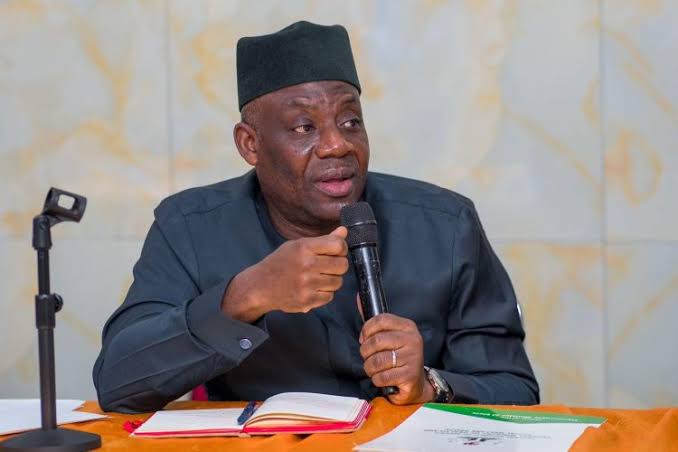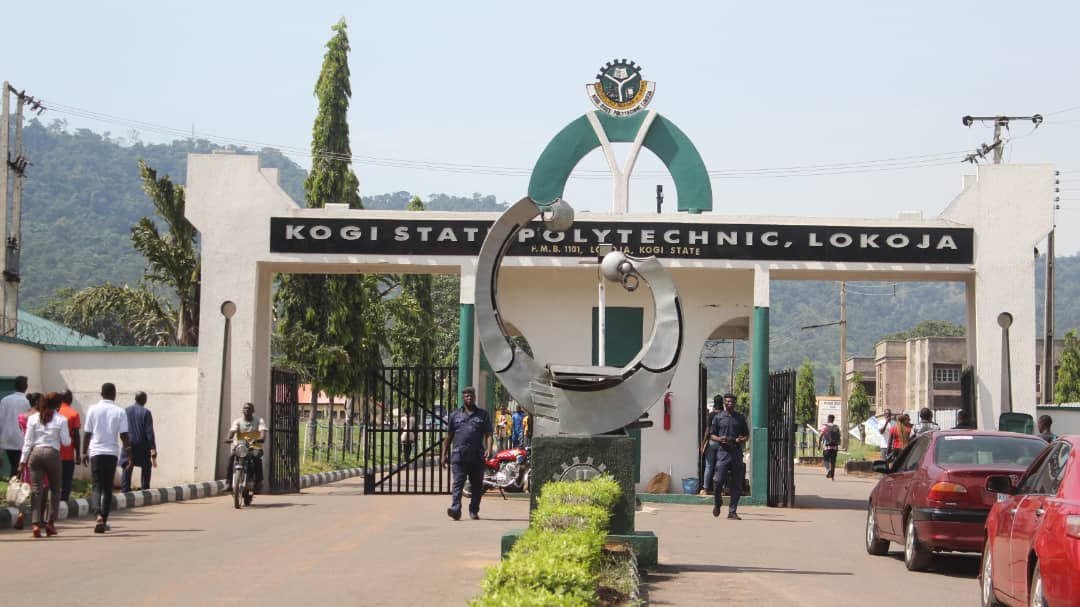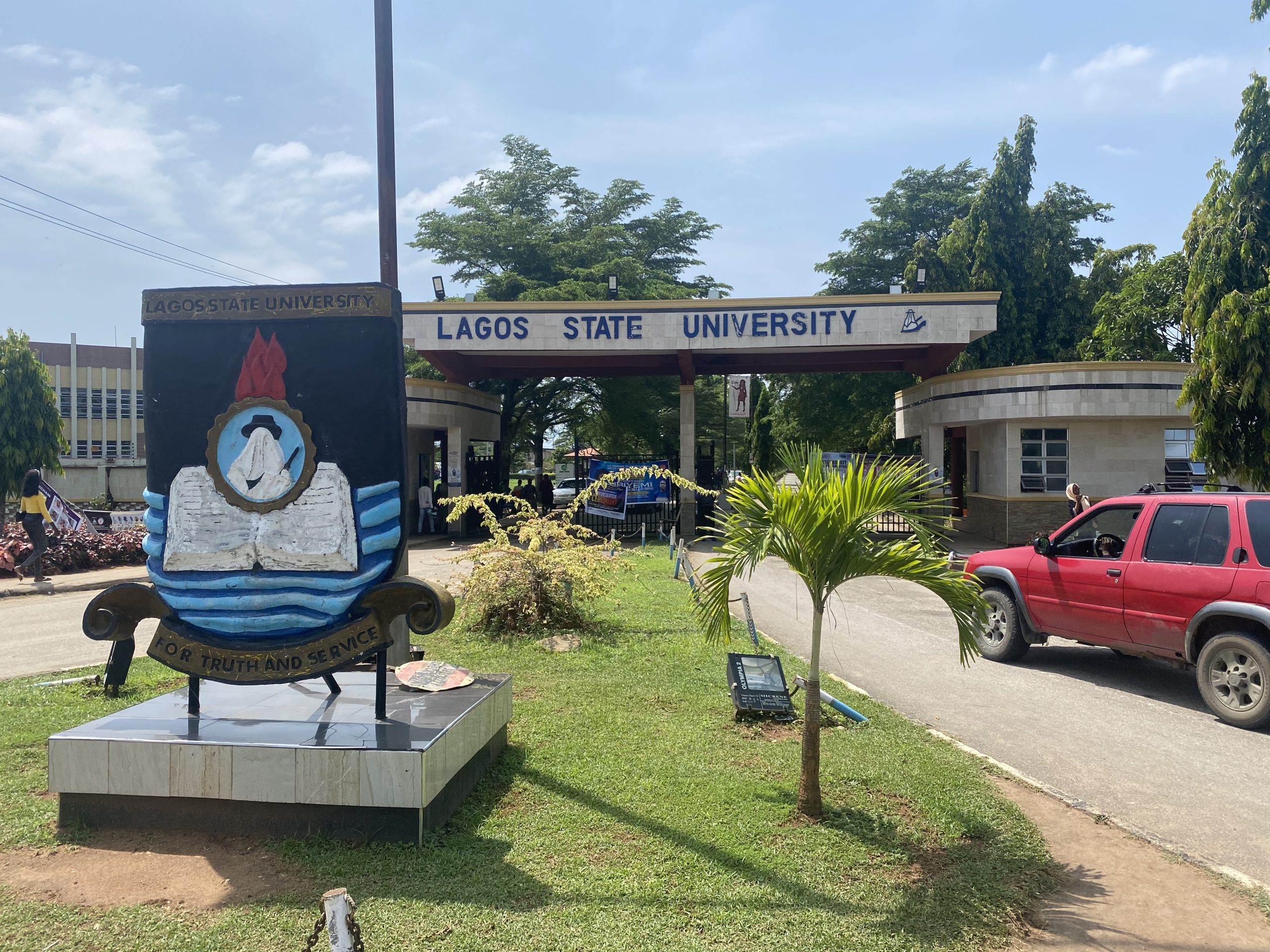The Federal Government will, on August 2,8, officially unveil a ₦50 million grant initiative aimed at empowering tertiary students in science-based disciplines, Minister of Education, Dr Tunji Alausa, has announced.
The initiative, known as the “STEMM Up Grant,” targets full-time undergraduate students in Science, Technology, Engineering, Mathematics, and Medical Sciences (STEMM), particularly those in their 300-level and above.
Formally titled the Sciences, Technology, Engineering, Mathematics and Medical Sciences Student Venture Capital Grant (S-VCG), the scheme is designed to encourage student-led innovation and entrepreneurship across Nigeria’s higher education system.
“This is not just a grant — it’s a launchpad for bold, young innovators to lead Nigeria’s industrial and technological advancement,” Alausa said in a press statement in Abuja on Friday.
“We are giving our students the tools to dream, build, and scale solutions that solve real-world challenges — from technology and medicine to agriculture and green energy,” he added.
Each selected student-led project will be eligible for up to ₦50 million in startup funding, in addition to access to business incubation services, mentorship, and enterprise development support.
Alausa announced a high-level stakeholder engagement in Abuja, attended by Vice Chancellors, Provosts, Rectors, student leaders, academic staff, and development partners. He noted that the programme aligns with President Bola Ahmed Tinubu’s Renewed Hope Agenda, especially its focus on sustainable economic transformation and youth empowerment.
The scheme will be implemented with the Bank of Industry (BOI) to ensure transparency, effective project execution, and measurable impact.
Also speaking at the event, the Minister of State for Education, Professor Suwaiba Sa’id Ahmad, described the STEMM Up Grant as a strategic investment in Nigeria’s knowledge economy. She said the initiative is a product of months of consultations with students, lecturers, and stakeholders in the education sector.
According to Alausa, the Ministry of Education is committed to an inclusive rollout and rigorous monitoring to ensure the programme delivers lasting benefits across the nation’s tertiary institutions.
“The future of Nigeria is not only in the classroom it’s in the ideas our students dare to pursue,” the minister said.






